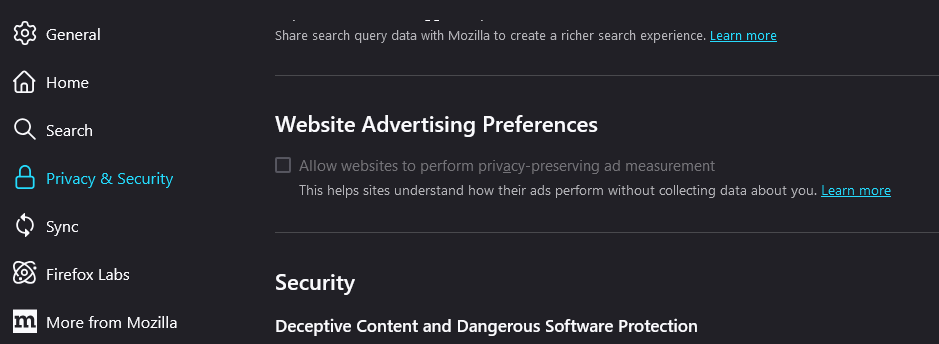

There was this game of dots I played against my 12 year old niece. The game was looking pretty even with two obvious large snakes building up - she ended up making the move that opened up the first, smaller snake for myself, hoping to force me to open the larger one for her. But I purposely didn’t claim the ending squares in the first snake, which let me avoid opening up the second for her. So she was forced to then open up the second snake to me, letting me claim basically the entire board.
The second image explains it better - with the black lines as the setup she left me with, the usual strategy would be on the left, while I played as on the right, with the blue line as my last move.












You don’t need control of the House to work on bills that you don’t even intend to pass until the next session of congress, though. There’s nothing stopping the Republicans, Democrats, or even average citizens from writing bills right now that are intended to be voted on by future sessions of congress.
And the House of Reps voting on the bill next week is also meaningless, because the bill has a 0% chance of passing this session with the democrats in control of the senate - and the House of Reps would then have to pass it again once a new session starts. Which, they probably will - but that doesn’t make the vote next week somehow less meaningless. So the headline is pure clickbait: Congress isn’t about to “gift” Trump anything. The gifts will come next year.